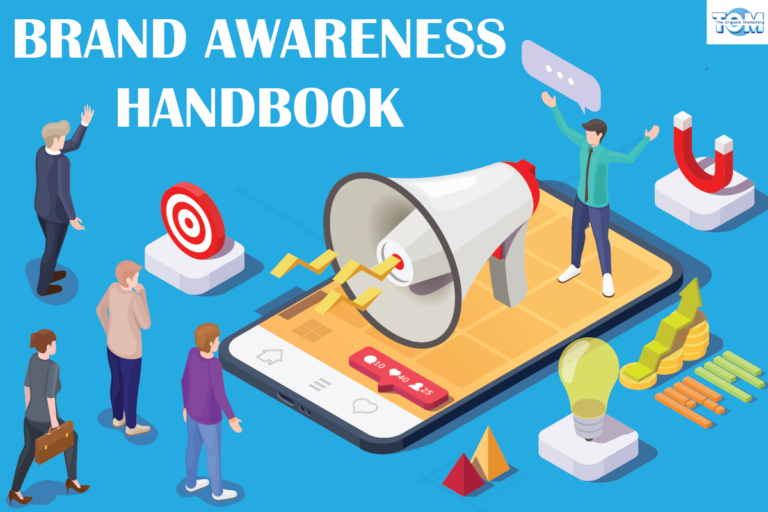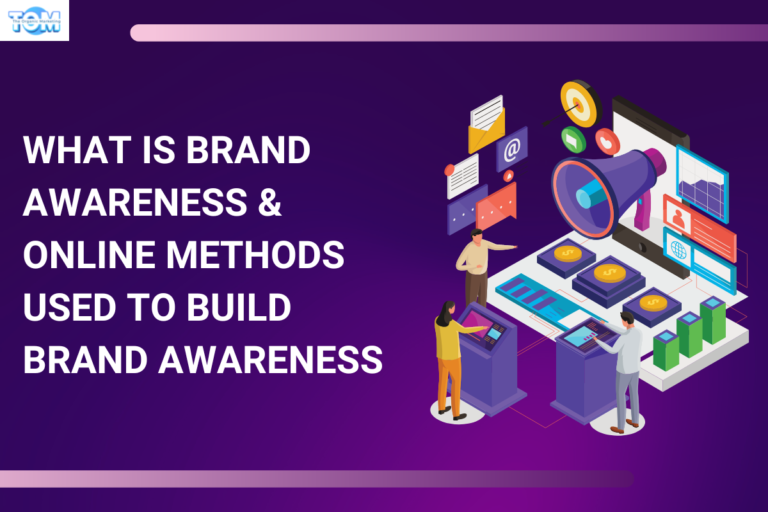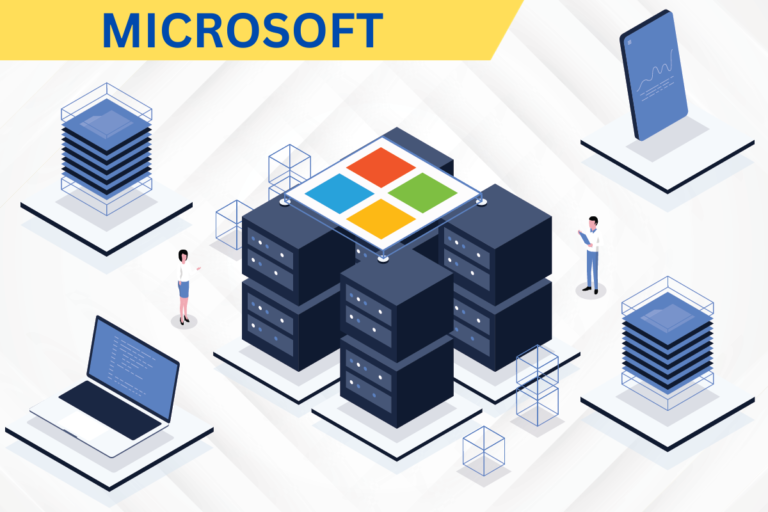All About Coding: Everything You Should Know
Coding is the language that drives our world in the digital age. Coding is the foundation of modern technology, used in everything from websites and applications to self-driving cars and space research. This in-depth guide explores the world of coding, addressing such topics as what it is, why it’s important, how to get started, essential programming languages, strategies to sharpen your abilities, and the best jobs and pay in India. You’ll have a firm knowledge of the importance of coding and how it could affect your career by the end.
What is Coding?
The process of writing instructions for computers to follow is known as coding, often referred to as programming. These instructions, also referred to as code, are written in programming languages that both people and machines can comprehend. Making software, programs, and websites that carry out particular activities or functions is the aim of coding. It’s similar to instructing a computer on what to do and how to accomplish it.
Why is Learning Coding Important?
- Problem-Solving: Coding nurtures problem-solving skills. It encourages breaking complex problems into smaller, manageable parts, devising solutions, and implementing them.
- Automation: Coding automates repetitive tasks, making processes more efficient. This is valuable in various fields, from finance to healthcare.
- Tech Literacy: Understanding coding is crucial in a world driven by technology. It empowers individuals to interact with and understand the digital world.
- Career Opportunities: Coding is a gateway to diverse and lucrative career opportunities. From software development to data science, coding skills are in high demand.
- Creativity: Coding enables individuals to turn their creative ideas into reality, whether it’s building apps, designing games, or creating digital art.
How to Start Learning Coding?
- Choose a Language: Select a programming language suitable for beginners. Ruby, JavaScript, and Python are common options.
- Online Courses: Enroll in online coding courses, platforms, or coding bootcamps. Websites like Codecademy, Udemy, Coursera, and edX offer beginner-friendly courses.
- Practice Regularly: Consistent practice is key. Code daily, work on small projects, and gradually build your coding skills.
- Join Coding Communities: Participate in coding forums, communities, and coding challenges to learn from others and get feedback on your code.
- Build Projects: Create your projects to apply what you’ve learned. Start with simple programs and gradually take on more complex projects.
- Read Code: Study other people’s code. Reading code written by experienced developers can help you understand different coding styles and techniques.
Must-Know Programming Languages
- Python: Python is utilized in web development, data analysis, artificial intelligence, and other fields and is renowned for its simple syntax and readability.
- JavaScript: A must-know for web development, JavaScript enables interactive websites and is also used in mobile app development.
- Java: Widely used for Android app development and in enterprise applications.
- C++: Valued in game development and system software due to its performance and efficiency.
- Ruby: Known for its elegant and concise syntax, Ruby is popular in web development, especially with the Ruby on Rails framework.
- SQL (Structured Query Language): Essential for working with databases, SQL is used in data management and analysis.
Platforms to Learn Coding in India
- Coursera: Provides courses from prestigious colleges and universities.
- Online Tutorials: Websites like GeeksforGeeks, CodeChef, and HackerRank offer tutorials and coding challenges.
- edX: Provides access to courses from renowned universities, including IITs.
- Coding Bootcamps: Institutions like Coding Ninjas and Masai School offer intensive coding bootcamps.
- Formal Education: Many Indian universities offer computer science and programming courses.
Steps to Improve Coding
- Problem-Solving Practice: Solve coding challenges and algorithms regularly. Platforms like LeetCode and HackerRank offer a wide range of problems.
- Collaborate: Work on coding projects with others. Collaborative coding helps you learn from different perspectives and techniques.
- Read and Review Code: Analyze other developers’ code to understand different approaches and improve your own.
- Continual Learning: Stay up-to-date with the latest coding trends and technologies. Attend coding meetups and conferences.
- Personal Projects: Create projects that interest you. Personal projects keep your coding skills fresh and motivated.
- Mentorship: Seek mentorship from experienced developers who can guide you in your coding journey.
Top Jobs and Salaries in India After Learning Coding
- Software Developer: Develop software and applications. Average salary: ₹5-12 lakhs per annum.
- Web Developer: Create websites and web applications. Average salary: ₹3-8 lakhs per annum.
- Data Scientist: Analyze data to extract insights. Average salary: ₹6-15 lakhs per annum.
- Mobile App Developer: Design and build mobile applications. Average salary: ₹4-9 lakhs per annum.
- Full-Stack Developer: Handle both front-end and back-end development. Average salary: ₹5-12 lakhs per annum.
- Machine Learning Engineer: Work on AI and machine learning projects. Average salary: ₹7-20 lakhs per annum.
Since these numbers are approximations, earning potential can change over time with years of experience and skills in this sector.
Benefits of Learning to Code
- Problem-Solving: Coding nurtures logical and analytical thinking, helping you solve complex problems in various aspects of life.
- Creativity: Code is a creative tool for building projects, games, websites, and more, turning your ideas into reality.
- Career Flexibility: Coding skills provide diverse career options, from software development to data science, giving you the freedom to explore different fields.
- Automation: Code can automate mundane tasks, saving time and effort.
- Global Opportunities: Coding is a universal language. It allows you to work with international teams and access global opportunities.
- Continuous Learning: Coding encourages continuous learning, keeping your mind sharp and adaptable.
Whether you’re an aspiring developer, an entrepreneur, or someone who is just interested in technology, the ability to code opens up a world of possibilities. Coding is the secret to achieving your potential and having a meaningful effect in a world that is becoming more and more digital.
To get more details on the world of coding, contact The Organic Marketing today.






